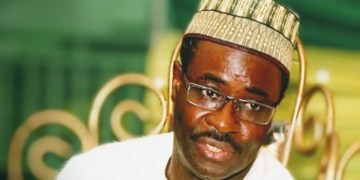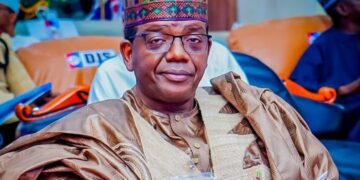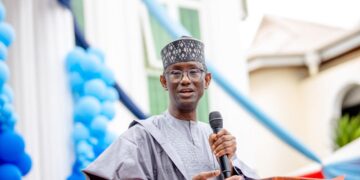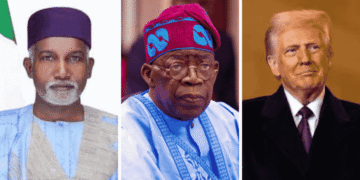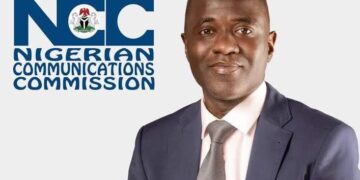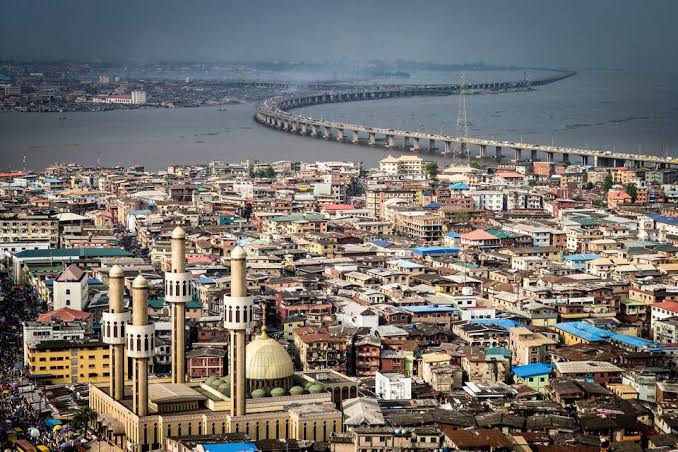The Buhari Media Organisation (BMO) has described the slim decline in Nigeria’s Gross Domestic Product (GDP) for Q2 2020 as proof that the country’s economy is becoming structurally resilient under President Muhammadu Buhari.
The group said in a statement signed by its Chairman Niyi Akinsiju and Secretary Cassidy Madueke, that the 6.10% contraction in GDP for the second quarter of the year is a positive development at a time the global average is about 15%.
“What we have on our hand is a situation where Covid-19 battered the global economy for more than 3 months to the extent that even the most resilient of economies have been adversely affected.
“And as many renowned economists have said, Nigeria’s figure is not bad for a country that faced what was clearly a case of double jeopardy as a result of a massive drop in oil price and production at the height of the global Covid-19 pandemic.
“This, we insist, is because of the good work the country’s economic managers did with the support of President Buhari to begin to wean the country from its over-reliance on oil before, and at the onset of the global crisis.
“And that is why even when the price of oil went to an all-time low in the international market with oil vessels stuck on the high seas in Q2 of 2020, Nigeria’s GDP contracted by only 6% while countries like Tunisia suffered a decline of 21%, UK 20.4% while South Africa sank deeper into recession, it added.
BMO is convinced that the country’s GDP would record a better showing for the third quarter of the year with the resumption of economic activities.
“We need to emphasise that the 6.10% decline in GDP was largely attributable to significantly lower levels of both domestic and international economic activities during the quarter as a result of a nationwide shutdown to contain the COVID-19.
“So it is safe to conclude that now that Nigeria is witnessing a semblance of economic activities in the third quarter, as well as the impending resumption of international flights, the prospects of a better GDP in Q3 are much brighter.
“We also need to add that the Buhari administration has a N3.5 trillion economic stimulus package from which the Central Bank has disbursed over N152.9 billion (out of the N1 trillion targeted support for the manufacturing sector), N26.278 billion (out of the N100 billion healthcare support funds) to fund as many as 20 projects and N41.41 billion to 11,613 beneficiaries under the Agri-Business/Small and Medium Enterprise Investment Scheme (AGSMEIS) as at mid-August to assist local businesses to get back on their feet.
“This is aside the recently approved N2.3 Trillion Nigeria Economic Sustainability Plan (NESP) put together by a committee headed by Vice President Yemi Osinbajo which is targeted at supporting small businesses in the post-COVID economy.
“It is against this backdrop that we have no doubt that the GDP future for Q3 would witness an improvement as a result of the injection of low-cost liquidity to businesses and households as the economy gradually reopens”
BMO also urged Nigerians to continue to trust in the President’s ability to build a more resilient economy.


